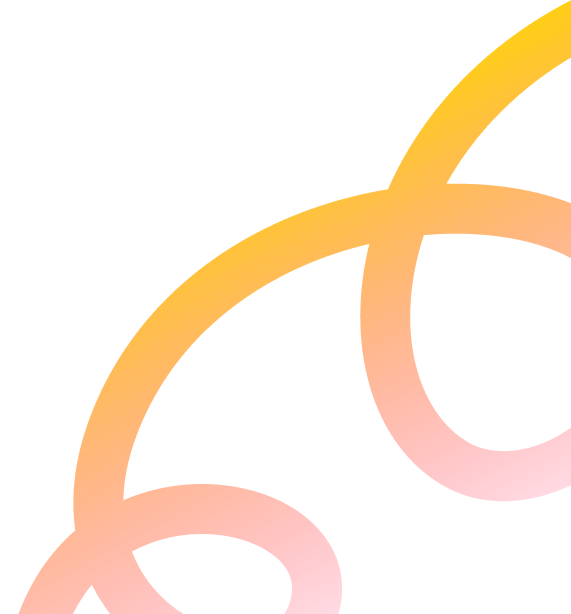
What is a PEO & Does Your Business Need One?
A professional employer organization (PEO) is a service provider that handles businesses’ HR services on their behalf. Client companies and PEOs have a co-employment relationship, which allows businesses to outsource human resources (HR) administrative tasks, such as payroll, employee training, and worker’s compensation, all while ensuring compliance with federal employment laws.
Small and midsize enterprises (SMEs) often struggle with managing the HR workload and client relationships as their businesses grow. PEOs can lend a helping hand to these organizations so leaders can focus on other aspects of the workplace.
Keep reading to learn more about the meaning of PEO, how it works, why companies need it, and how it differs from other HR outsourcing options.
What is PEO: How a Professional Employer Organization Works
Small and medium-sized businesses in various industries can use PEO services to lighten their workload. When a company works with a PEO, they’ll start a co-employment arrangement that involves sharing employer responsibilities and liabilities.
In a co-employment relationship, the client company continues its ownership and control over employee management and non-employee-related business operations (marketing, sales, and customer service). Internal HR teams can shift their attention to organizational issues to work on company culture and improve employee engagement.
On the other hand, the PEO will let the client company focus on their day-to-day tasks while they handle the following administrative tasks:
- Manage employee records
- Process payroll
- Settle taxes
- Facilitate employee training
- Maintain legal compliance with employment laws for the duration of the arrangement.
- Report employee wages under their federal employer identification number (FEIN), not the client company’s
- Offer expert support and guidance to the client’s internal HR team

Image Source: Canva
Benefits of Partnering With a Professional Employer Organization
Companies partnering with a PEO can enjoy the following benefits:
- Cost-Effective Employee Benefits: Small and medium businesses may struggle to retain employees because they lack adequate workers’ compensation. A PEO can fix that by offering benefits at affordable rates. These include healthcare, life insurance, worksite benefits, and retirement plans.
- Legal Support: PEOs have HR specialists and lawyers SMEs can seek legal guidance from. These professionals have HR expertise and can answer questions related to legality and offer advice to maintain compliance with complex laws.
- Company Growth: PEOs can handle HR responsibilities, allowing business owners to focus on improving workplace standards, employee retention, and revenue generation.
- Employee Handbook Development: Businesses can work with their PEO to develop an employee handbook, build company values, and write company policies.
- Peace of Mind: Overwhelmed and burnt-out companies are less likely to accomplish tasks. PEOs can lend a helping hand to businesses and give them breathing space.
What a Professional Employer Organization Doesn’t Do
Let’s dive more into the PEO meaning. Here’s what they don’t do for client companies.
Not an ASO
Many confuse a PEO with an administrative services organization (ASO) due to their similarities, but they’re different. An ASO is an outsourced HR service handling client companies’ administrative tasks without a co-employment arrangement.
With an ASO, businesses retain administrative employer status and full control over their workforce. The ASO does HR-related tasks, such as payroll processing and insurance administration. Employee wages in this structure are filed under the client company’s FEIN, unlike in PEO.
Not an HRO
Human resource outsourcing (HRO) is a third-party consulting company that offers a client business with a suite of services. It differs from a PEO because it’s not a co-employer, nor is it the employer of record for certain responsibilities.
While both offer multiple services, businesses can choose which HRO services they want on board. PEOs often offer a full-service HR solution package.
Gain Control Over a Business
A PEO won’t ever have control over a business, its operations, and managing its employees. They may be in charge of administration and risks, but client companies will still be responsible for steering their business to success.
Replace Internal HR Staff
Even though a PEO covers HR tasks, it won’t replace a company’s internal HR team. Instead, the PEO complements and assists the HR team in processing payroll, benefits, insurance, etc.
A PEO isn’t responsible for firing or hiring new employees for short or long-term assignments. They’re also not an employee leasing agency that lends talents to understaffed companies.

Image Source: Canva
Let Ad Culture Handle Your Company’s Recruitment!
So let’s review quickly what a PEO is. It’s a professional employer organization that handles almost everything HR-related, except hiring, which can be extra challenging and time-consuming for SMEs.
Here’s where we can help! Ad Culture can find you suitable candidates for various positions in no time.
We’re a recruitment agency in Toronto that’s passionate about helping businesses improve their services by hiring experienced professionals in the marketing, design, and IT industry. Expect us to handle the bulk of recruitment, so you can focus on running your business without worries.
Contact us to start outsourcing recruitment!








